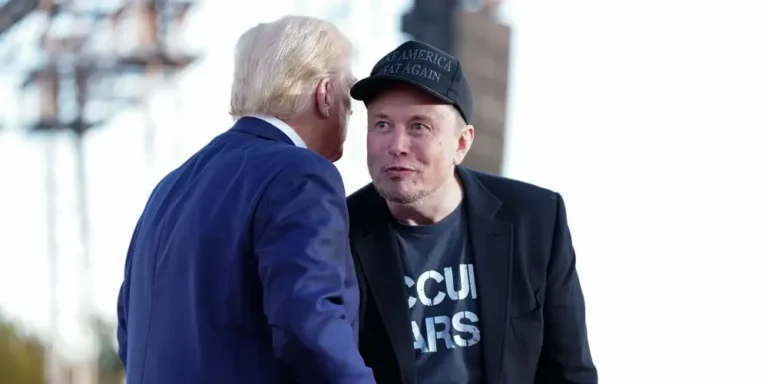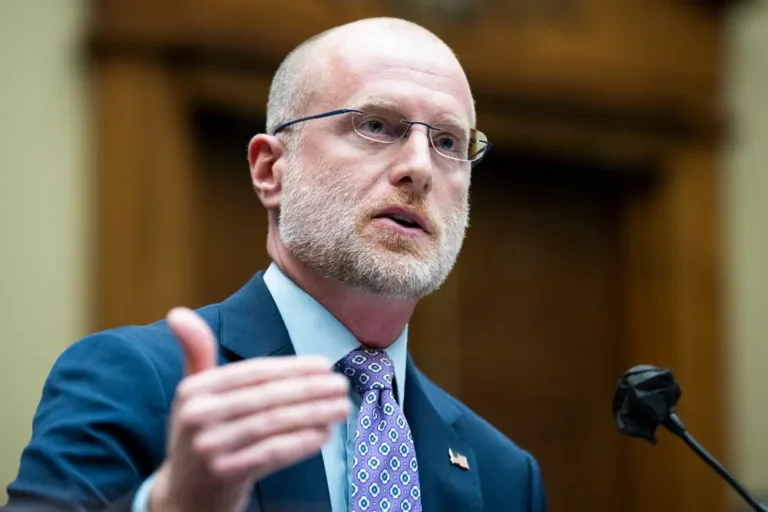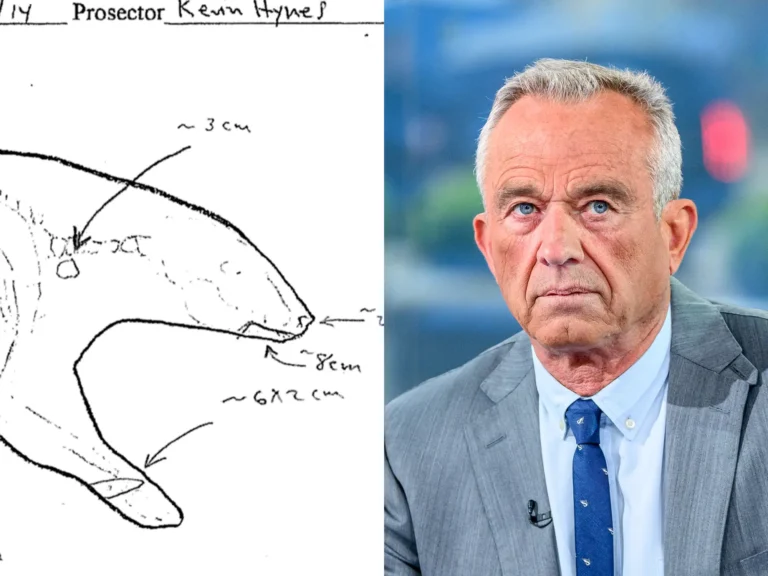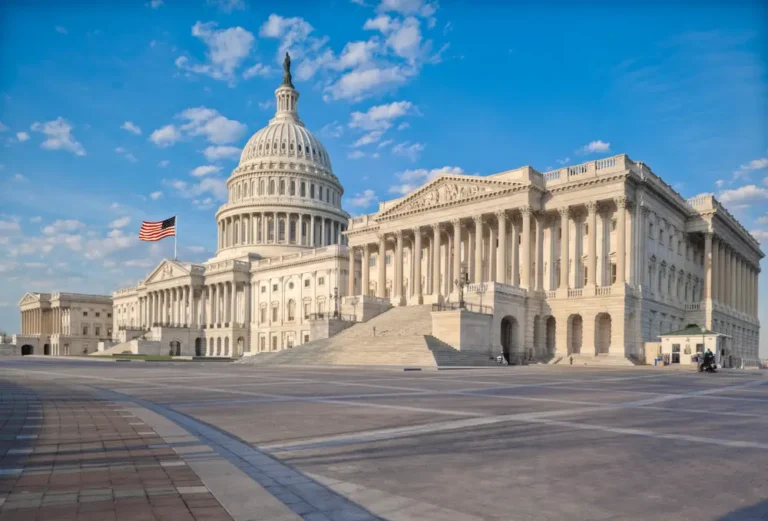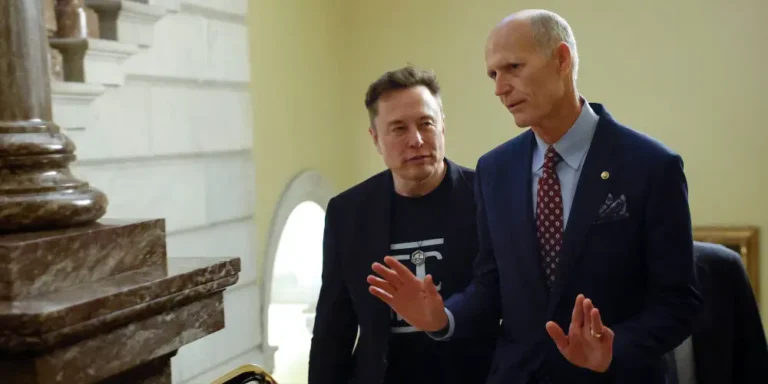What top US CEOs are worried about when it comes to a Trump or Harris presidency

Harris’ taxes and regulation versus Trump’s immigration and trade plans. Those are among the biggest concerns for some of the nation’s top CEOs as they consider what a victory for Vice President Kamala Harris or former President Donald Trump would mean for their businesses.
In an exclusive interview with B-17, Joshua Bolten, CEO of the Business Roundtable, said those four issues are what’s top of mind for the 230 leaders of US companies his association represents.
Trump’s proposed mass deportation aims to lower housing costs and boost job opportunities. Democrats have argued the deportations will harm businesses, in addition to separating families and displacing millions of people. One conservative think tank estimates immigrants account for a third of workers in jobs paying under $30,000 a year.
The former president’s plan for a broad-based tariff, ranging from 10% to 20% on imports, is also a point of contention. Some economists have warned doing so would be inflationary, as tariffs often lead producers to raise prices or lower supply.
Trump’s plan would be “highly disruptive” to trade, Bolten said.
With Harris, the corporate tax rate is top of mind for business leaders. Harris is looking to raise the corporate tax rate to 28% from 21%, a move Bank of America estimates could lead to a 5% hit to earnings.
Bolten said leaders’ concerns don’t stem from wanting to keep taxes low to reward themselves and their shareholders. Instead, it’s about the US remaining competitive in the global economy.
In the five years before 2017’s tax reform, 27 substantial US companies relocated their headquarters outside the US due to the tax rate, Bolten said, while there have been zero since the tax cut.
“With a Harris kind of program, even modestly pared back, we risk, once again, putting the United States in the position of being an unattractive place to be headquartered and do business,” Bolten said. “None of my members wants to leave. They all want to stay. They want to be successful in the US. They want to provide good jobs in the US. They’re all fundamentally patriots, but they all also have shareholders and have to respond to the market forces.”

